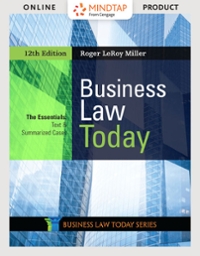Answered step by step
Verified Expert Solution
Question
1 Approved Answer
A dictator (P1) is given an endowment of $100 and can distribute any proportion of this amount between P1 and a recipient (P2) who is
A dictator (P1) is given an endowment of $100 and can distribute any proportion of this amount between P1 and a recipient (P2) who is endowed with $0. P1's decision is then revealed to a third party (P3), who is endowed with $160. P3 decides whether to spend $10 to deduct the earnings of P1 by $50.
In experimental settings, when P1 gives 0 to P2, it is commonly observed that P3 spends $10 to deduct the earnings of P1 by $50.
- Show that the inequity aversion model of Fehr-Schmidt could not account for the observed behavior of P3.
- Modify the Fehr-Schmidt model to account for the observed behavior of P3.
- Across different societies, it is observed that societies with higher level of third party punishment tend to have higher level of giving in the dictator game. Explain briefly the underlying intuition.
Step by Step Solution
There are 3 Steps involved in it
Step: 1

Get Instant Access to Expert-Tailored Solutions
See step-by-step solutions with expert insights and AI powered tools for academic success
Step: 2

Step: 3

Ace Your Homework with AI
Get the answers you need in no time with our AI-driven, step-by-step assistance
Get Started


